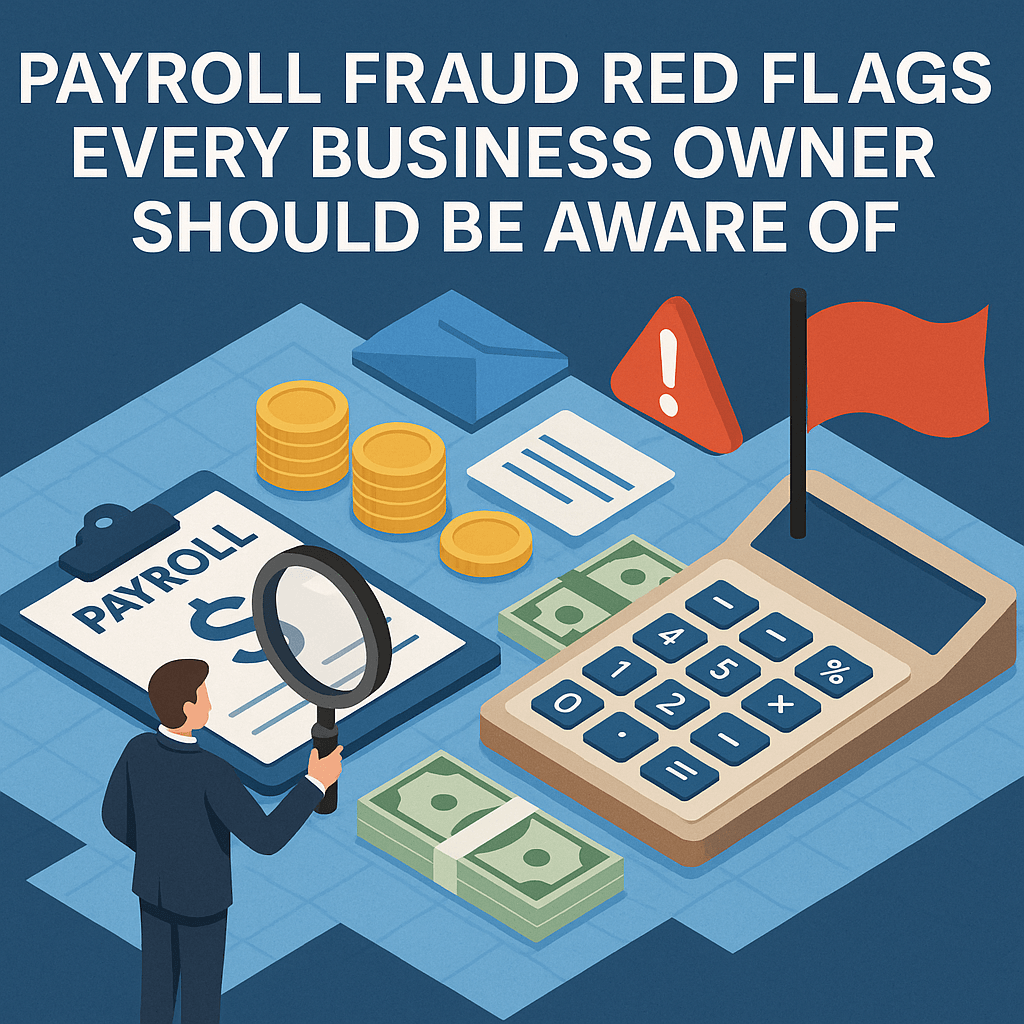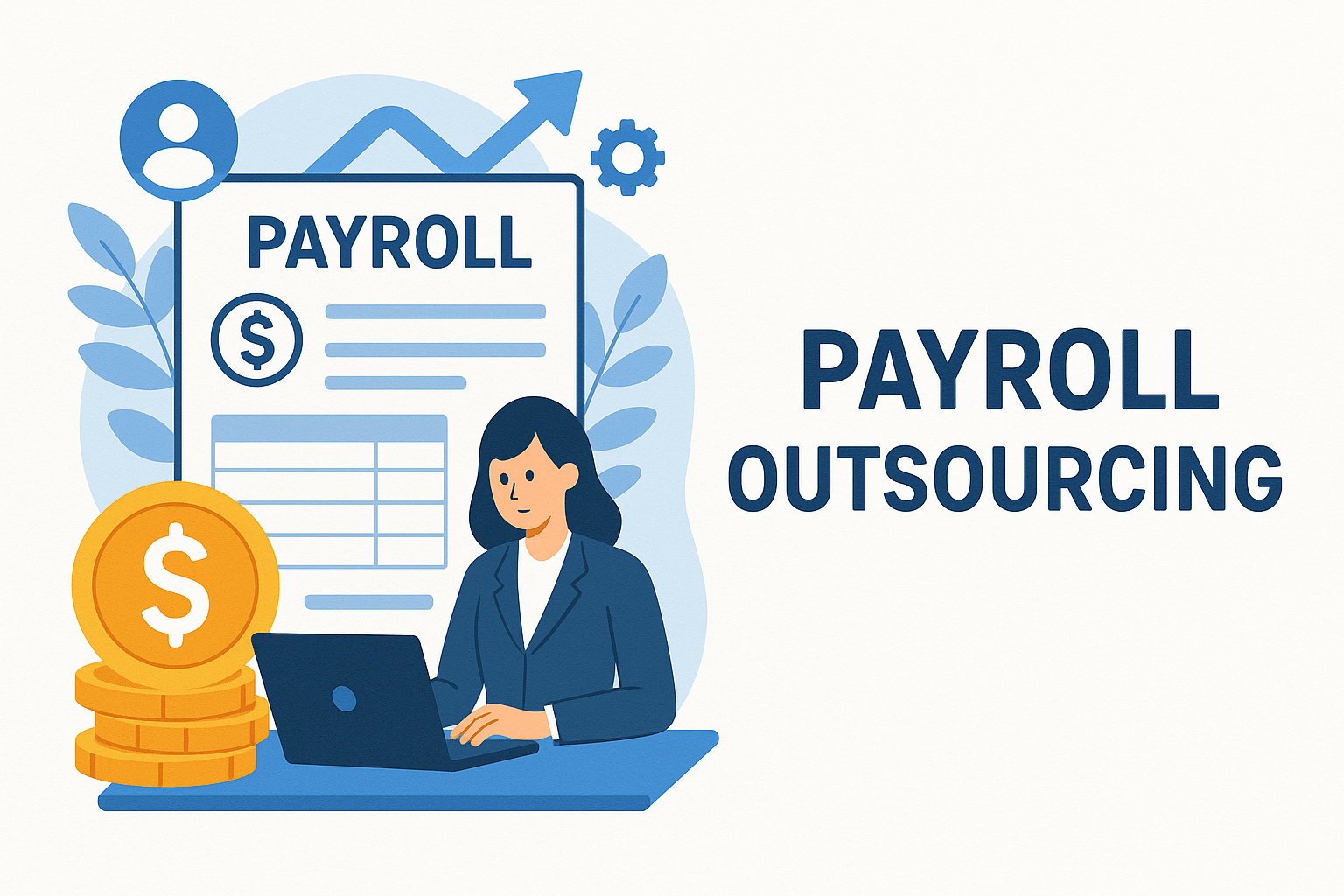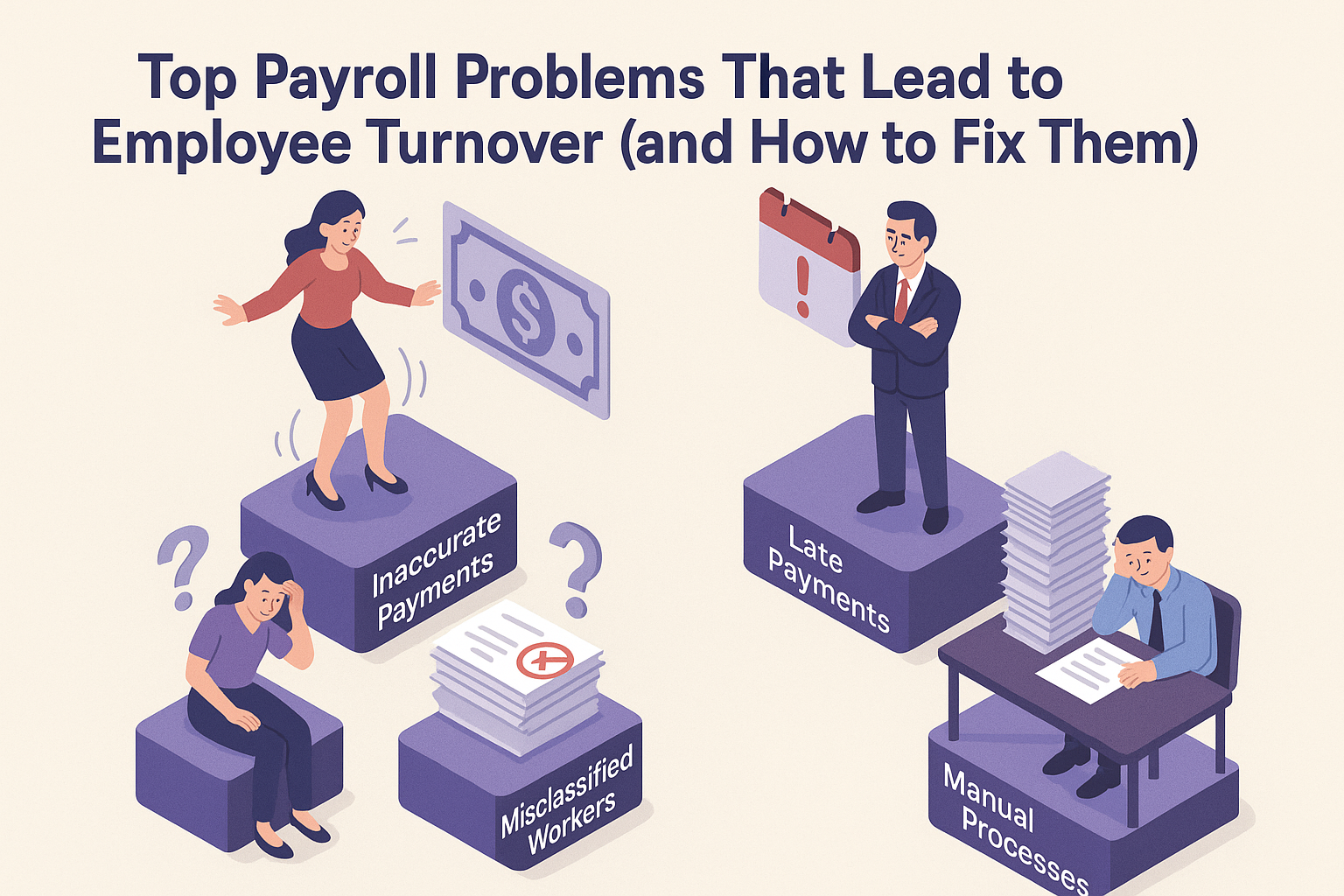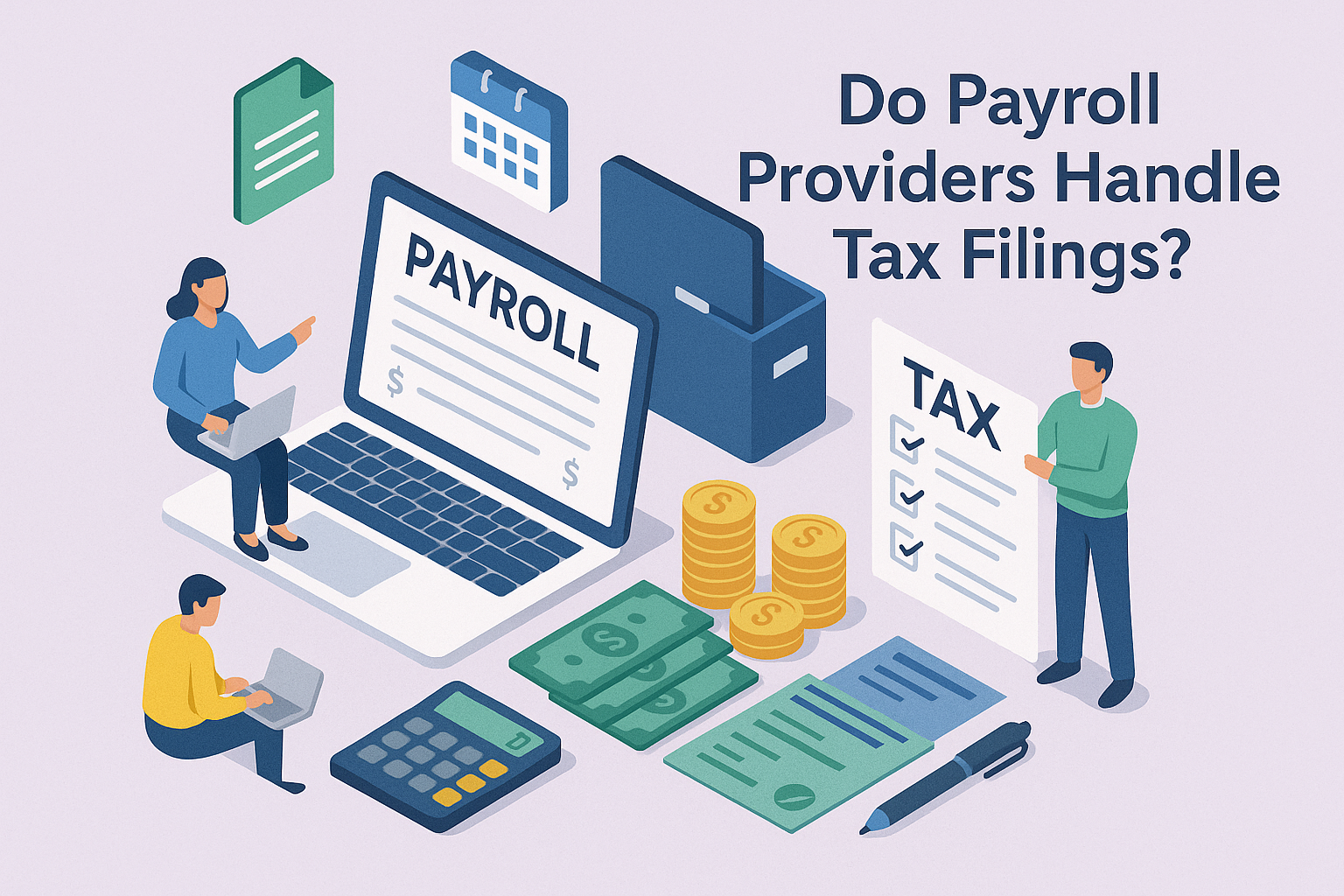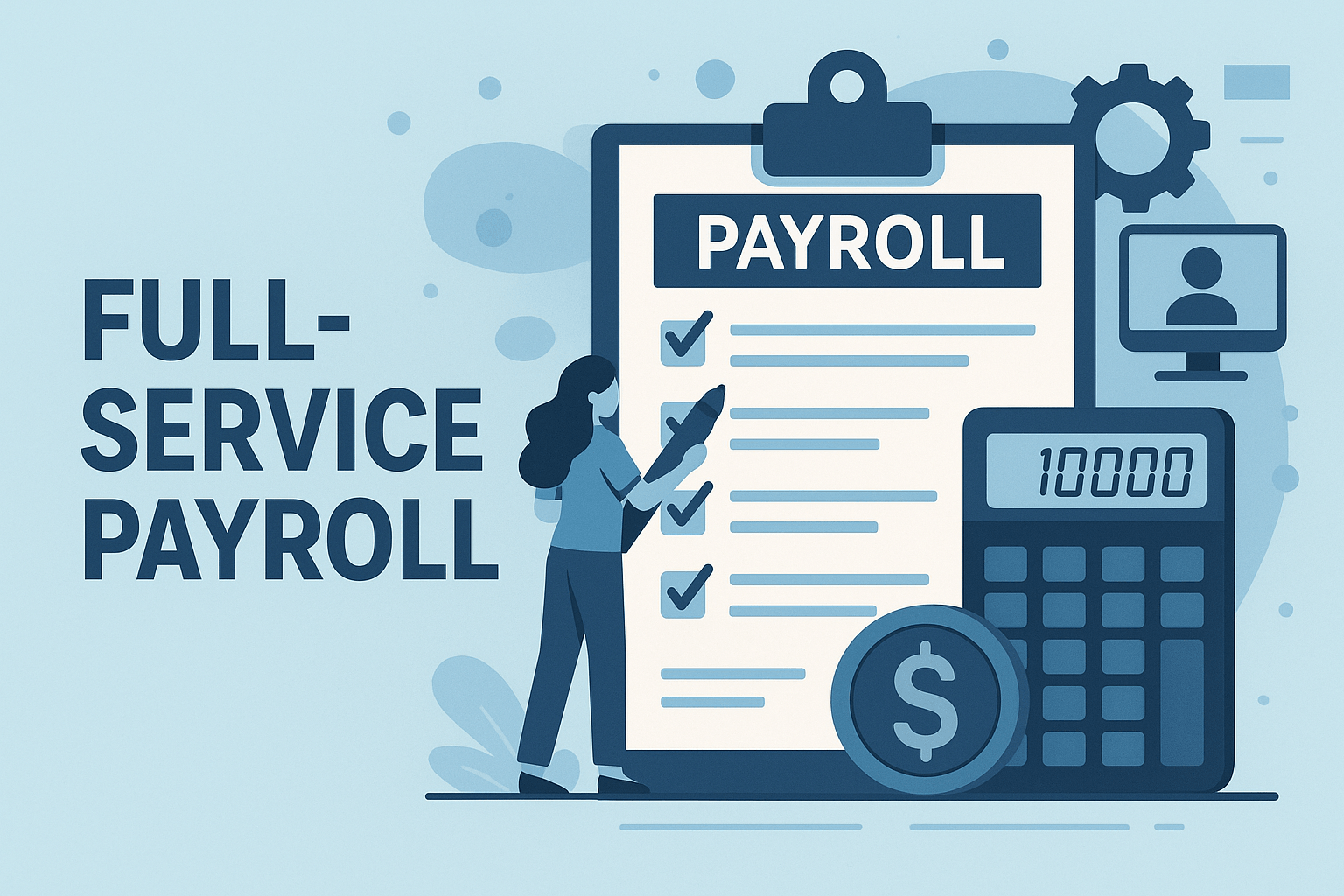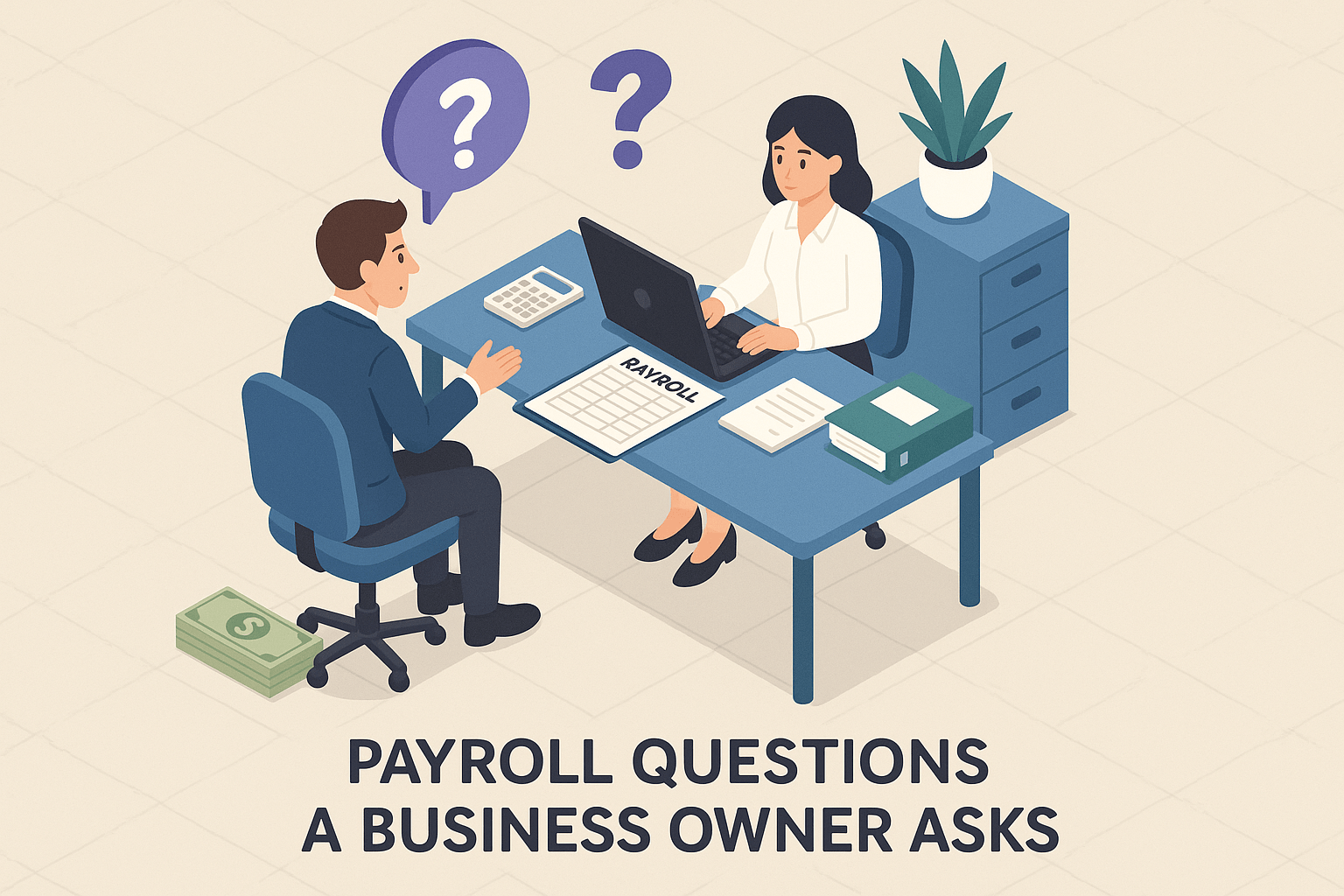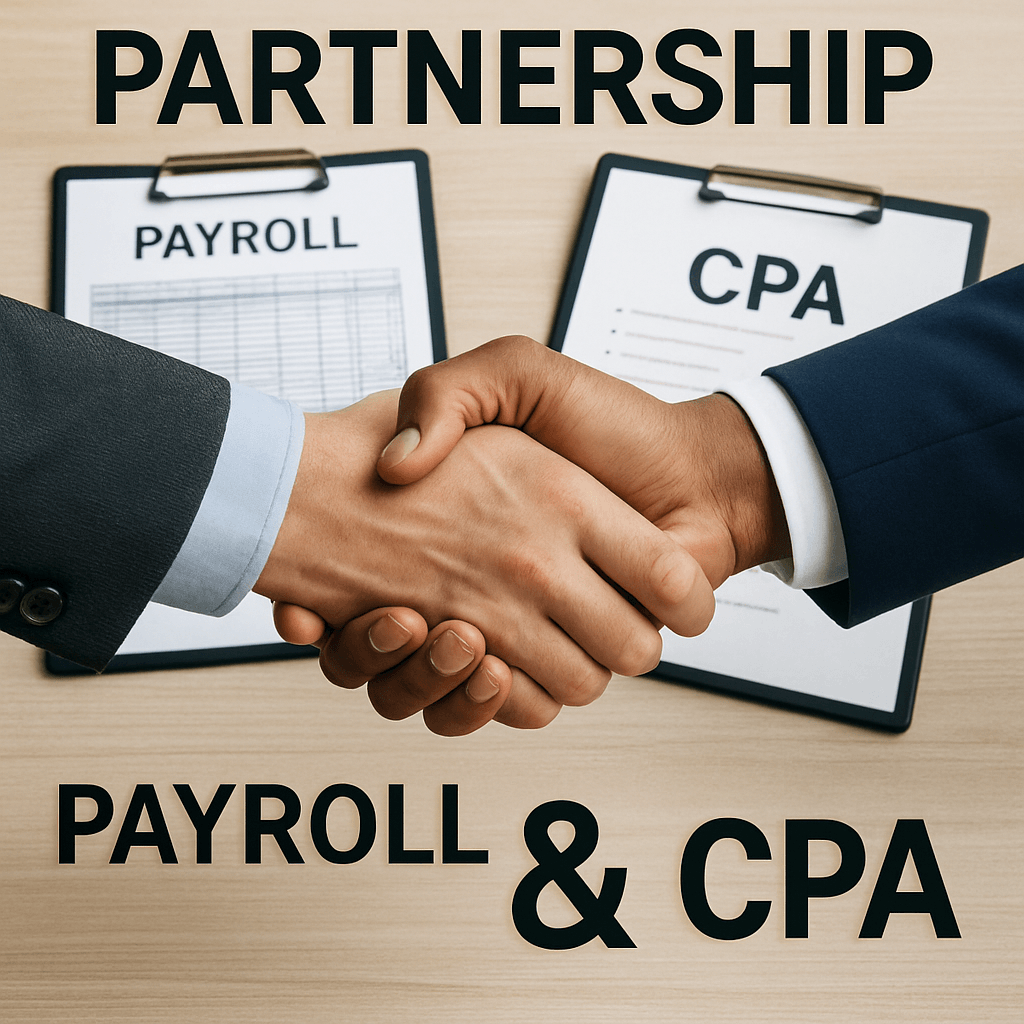State Registration and Tax Information: What Every Business Owner Needs to Know
December 30th, 2024
5 min read

Launching or expanding a business is exciting, but the tangle of state registration rules and tax requirements? Not so much. If you’ve ever thought, “Where do I even start?”—you’re not alone. Many business owners feel overwhelmed by these processes, and the stakes are high. Missteps can lead to fines, penalties, or even business shutdowns.
At Lift HCM, we’ve helped countless businesses navigate this path. With our expertise, you’ll avoid common pitfalls and gain the clarity you need to focus on growing your business. This article simplifies state registration and tax compliance into actionable steps, helping you stay compliant without the headache.
Table of Contents
- What Is State Business Registration?
- Why Is State Registration Important?
- Key Tax Information for Businesses
- How to Register Your Business in Any State
- Penalties for Non-Compliance with State Regulations
- Frequently Asked Questions (FAQs) About State Business Regulations
- Navigating State Registration and Tax Compliance for Business Success
What Is State Business Registration?
State business registration is the legal process that establishes your business’s presence in a specific state. Think of it as your official pass to operate lawfully within that jurisdiction. Beyond compliance, registration sets the stage for protecting your brand and accessing state-specific benefits.
Who Needs to Register?
- Brick-and-Mortar Businesses: If you have a physical location, registration is mandatory in your operating state.
- E-commerce Ventures: Selling online across states? Nexus laws may require you to register in multiple jurisdictions.
- Service Providers: Employing staff or contractors in other states triggers the need for registration.
Why Is State Registration Important?
Registering your business is more than checking a legal box—it’s foundational for your growth and protection.
Benefits of Registration
- Avoid Legal Penalties: Non-compliance can result in fines, penalties, or even forced closure.
- Tax Compliance: The first step in meeting state-specific tax obligations like sales and unemployment taxes.
- Brand Protection: Registering locks in your business name, keeping competitors at bay.
Key Tax Information for Businesses
Maintaining tax compliance is crucial for your business's long-term success, going beyond simply registering your entity. This section outlines essential tax-related considerations for business owners.
Essential Tax Documents for Your Accountant
Providing your accountant with complete and accurate information is vital for proper tax preparation. Here's a breakdown of key documents and information they'll need:
- Identification Information: Your Employer Identification Number (EIN).
- Prior Tax Returns and Relevant Forms: Include previous years' filings and any other relevant tax documents.
- Financial Statements:
- Balance sheets
- Profit and Loss statements (income statements)
- Cash flow records
- Detailed Income and Expense Records: Maintain thorough records of all business income and expenses.
- Capital Asset Activity: Keep records of all purchases and sales of capital assets (e.g., equipment, vehicles).
- Business Loan Information: Provide documentation related to business loans, which is necessary for deductions and interest calculations.
Obtaining an EIN (Employer Identification Number)
An Employer Identification Number (EIN) is a federal tax identification number assigned by the IRS. Most businesses, except for sole proprietorships without employees, are required to have an EIN.
- Free and Online: Obtaining an EIN is free and can be done quickly and easily online through the IRS website.
Navigating Employment Taxes
If you have employees, you'll be responsible for managing several employment taxes:
- Social Security and Medicare Taxes (FICA): These are federal taxes withheld from employee wages. You're responsible for withholding the employee's portion and also paying the employer's portion.
- Federal Income Tax Withholding: You must withhold federal income tax from employee paychecks according to IRS guidelines.
- Federal Unemployment Tax (FUTA): This is a federal tax paid by employers to fund unemployment benefits.
- State Unemployment Tax (SUTA): In addition to FUTA, most states also have their own unemployment tax that employers must pay.
The Importance of Meticulous Record-Keeping
Accurate and organized record-keeping is absolutely essential for tax compliance. Maintaining detailed records will not only help you file your taxes correctly but also provide crucial documentation in case of an audit. Be sure to maintain the following:
- Sales Records:
- Cash register tapes
- Deposit slips
- Receipt books
- Invoices
- Expense Records:
- Receipts for all business expenses
- Invoices from vendors
- Independent Contractor Payments: Forms 1099-MISC (or 1099-NEC) for payments made to independent contractors.
- Payroll Records: If you have employees, maintain detailed payroll records, including wages, taxes withheld, and other deductions.
How to Register Your Business in Any State
Here’s a no-nonsense roadmap to get your business registered:
Step-by-Step Process
- Choose Your Business Structure: Decide if you’ll register as an LLC, corporation, sole proprietorship, or partnership.
- Submit Paperwork: File the necessary forms—e.g., Articles of Organization (LLCs) or Incorporation (Corporations).
- Secure Permits and Licences: Obtain any required permits, such as food handling or professional certifications.
- Pay the Fees: Fees vary by state. For example, Texas charges around $300 for an LLC, while Wyoming costs just $100.
- Register Online (if available): Many states offer quicker, streamlined online filing options.
📌 Pro Tip: Keep a checklist to stay organized. Download our State Registration Checklist.
Penalties for Non-Compliance with State Regulations
Failing to register your business correctly in each state you operate in can have serious consequences. Here's a breakdown of the potential penalties you face:
Financial Sting:
- Fines vary significantly by state: Some states, like Alaska, impose yearly fines of up to $10,000, while others, like Connecticut, have annual fines of $3,600. Many states have minimum penalties of at least $1,000. Tennessee can hit you the hardest, with penalties up to three times the fees, taxes, and interest!

Legal Headaches:
- Contracts in Jeopardy: If you operate while non-compliant in California, contracts you enter into may be declared invalid.
- Losing Your Business Name: Some states can revoke your registered business name if you're out of compliance.
- Criminal Charges: Several states get strict with misdemeanor charges on responsible individuals:
- California: $1,000 fine for businesses, $600 for employees/agents.
- Delaware & Oklahoma: $500 misdemeanor for business and employees/agents.
- Other states with varying penalties include Maryland, North Dakota, Utah, Ohio, and Virginia.
Beyond the Fines:
- Suspension or Closure: Non-compliance could lead to the state suspending or shutting down your business.
- Export Woes: You could lose export privileges altogether for export control violations.
- Increased Scrutiny: Expect more audits and unwanted attention from state authorities.
Stay Compliant, Stay Safe:
By properly registering and maintaining compliance in each state you operate in, you avoid these costly penalties and ensure smooth business operations. It's crucial to stay in good standing with state authorities. Don't risk costly penalties. Let Lift HCM handle your state tax compliance!
Frequently Asked Questions (FAQs) About State Business Regulations
Q: Do I need to register in every state where I operate?
A: If your business has a physical presence, employees, or significant revenue in multiple states, you may need to register in each state. This process, known as foreign qualification, involves obtaining authorization to conduct business outside your home state.
Q: Do I need any licenses or permits to operate my business?
A: Depending on your business type and location, you may need various licenses or permits, such as:
-
Professional Licenses: Required for certain professions like healthcare, legal services, or real estate.
-
Industry-Specific Licenses: Such as liquor licenses for bars or food service permits for restaurants.
-
Local Permits: Including zoning permits or health department permits.
Q: What are the common business structures I can choose from?
A: The main business structures include:
-
Sole Proprietorship: Owned by one person, simple to establish, but offers no personal liability protection.
-
Partnership: Owned by two or more individuals, sharing profits and liabilities.
-
Limited Liability Company (LLC): Provides liability protection with flexible tax options.
-
Corporation: A more complex structure offering liability protection with potential tax advantages.
Q: How long does the state registration process take?
A: The processing time varies by state and business structure. Some states offer expedited services for an additional fee, while others may take several weeks to process your registration. It's advisable to check with your state's Secretary of State office for estimated processing times.
Navigating State Registration and Tax Compliance for Business Success
While the intricacies of state registration and tax compliance can initially seem overwhelming, they are essential components of a successful business strategy. By understanding the requirements and taking proactive steps to meet them, you can protect your business from potential legal and financial pitfalls.
At Lift HCM, we are committed to helping you navigate these complexities with ease, allowing you to focus on what truly matters—your business. With our guidance, you can confidently tackle the challenges of compliance and set your business on a path to long-term success.
Simplify your state business registration and tax compliance with Lift HCM. Get started today!
Caitlin Kapolas is a results-driven professional with a strong background in account management and retail. She is dedicated to improving client experiences and building lasting relationships. Caitlin excels in identifying client needs, resolving issues, and implementing customized solutions that drive value. Her effective communication skills ensure high client satisfaction and loyalty, making her a trusted advisor and partner in meeting client needs with precision and professionalism.
Topics:






.png?width=1536&height=1024&name=Create%20a%20background%20that%20reads%2c%20How%20Long%20to%20Keep%20P%20(1).png)



